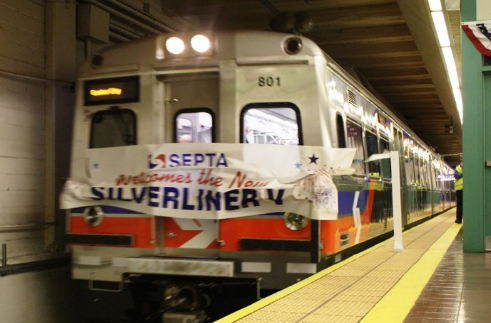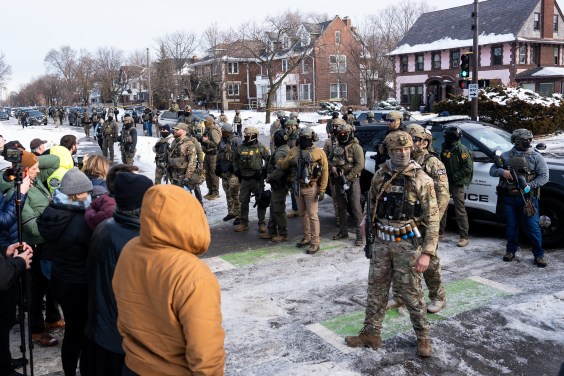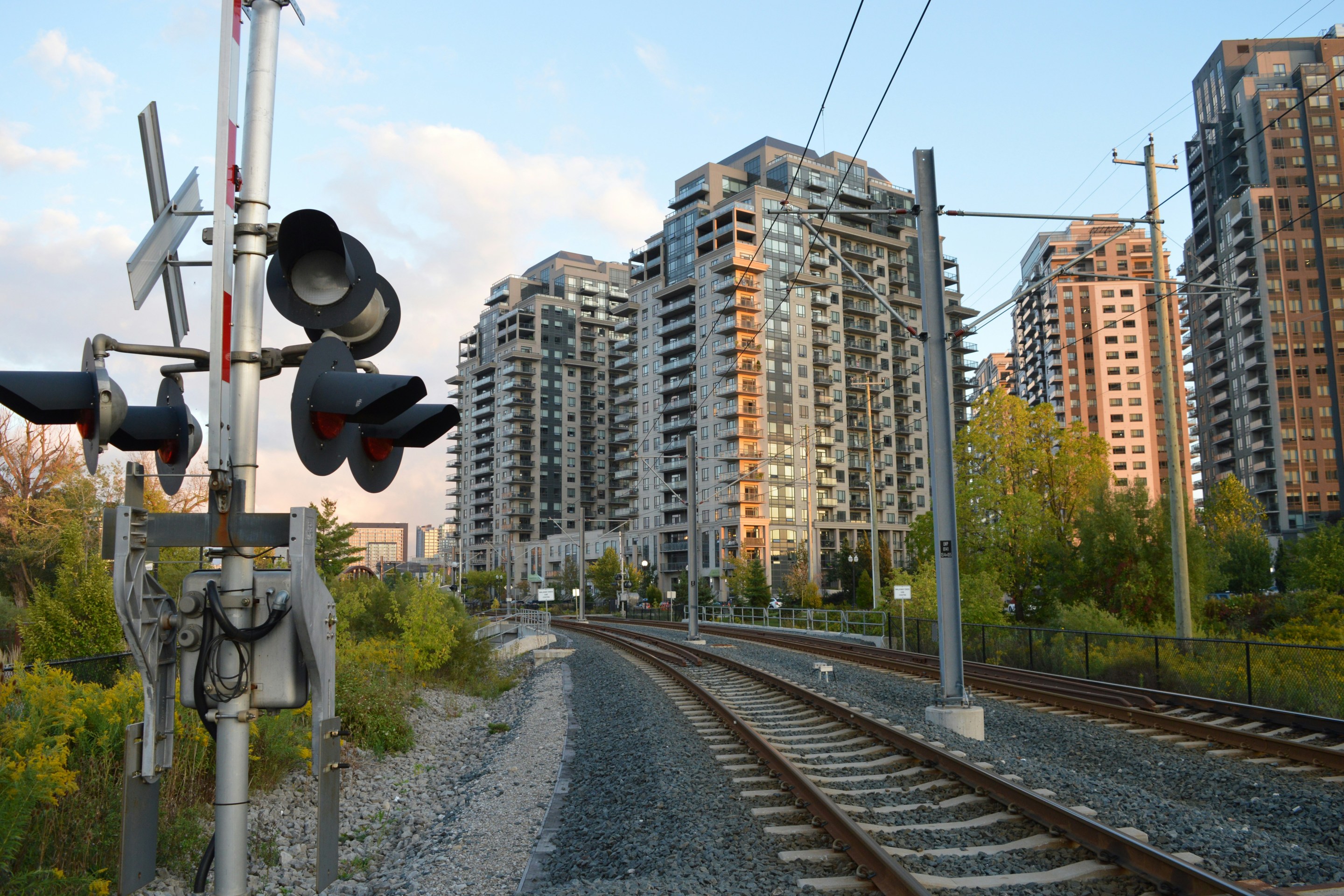The removal of 115 railcars from service in Philadelphia last week was the latest example of the troubles American commuter rail agencies face when purchasing rolling stock. Thanks to cracks in a critical component of the railcars, riders are looking at severe service reductions for at least the entire summer. While U.S. DOT floated a regulatory change that could prevent similar failures, it's been tied up in the federal bureaucracy for three years.

SEPTA purchased the flawed railcars three years ago. The exact cause of the defect has yet to be determined, but it's clear that procuring rolling stock is riskier and more complex than it needs to be, due to Federal Railroad Administration safety regulations.
An FRA rule dating back to 1945 requires trains to withstand 800,000 pounds of force, according to a report by David Edmondson for the Competitive Enterprise Institute [PDF]. This makes American trains much heavier than European and Asian models, as well as more expensive to build and operate. Passenger railcars in the U.S. have been likened to “a high-velocity bank vault," as former Amtrak CEO David Gunn put it.
Because of these unusual standards, American rail agencies can't just acquire the same trains used in Europe or Asia. Instead, railcars here must be custom-designed for America's relatively small market, which drives up cost and risk. Philadelphia's Silverliner V cars -- the ones with the defect -- were 10,000 pounds heavier than originally planned. The manufacturer, an American subsidiary of the South Korea-based Hyundai, had never designed stainless steel railcars to FRA standards.
For all the added expense, America's brand of rail safety carries its own hazards. "A heavier train takes longer to decelerate, which makes crashes more likely to occur," writes Edmondson. Rather than building bank vaults on rails, European and Asian rail systems focus on preventing collisions in the first place, using technology like positive train control.
In 2013, after years of pressure from rail advocates, U.S. DOT finally issued a notice that it was considering a rule change to allow lighter, more efficient trains on American tracks. But the policy has advanced at a snail's pace. Later that year, the FRA's Robert Lauby said he expected the change to take effect in 2015, but it is still tied up in the federal rulemaking process.
An FRA spokesperson told Streetsblog the draft rule, which has yet to be published publicly, was just sent to the Office of Management and Budget this April. OMB can adjust the draft rule before it is presented for public comment, adjusted again by U.S. DOT, and enacted.
There is no noticeable resistance to reform within the rail industry. The FRA's Railroad Safety Advisory Committee, which includes representatives from the American Public Transportation Association, Amtrak, NHTSA, and other industry groups, unanimously recommended the rule change, according to a source in Congress familiar with the rulemaking process.
The only thing holding back progress, it seems, is the leisurely pace of bureaucracy at the White House and U.S. DOT.





